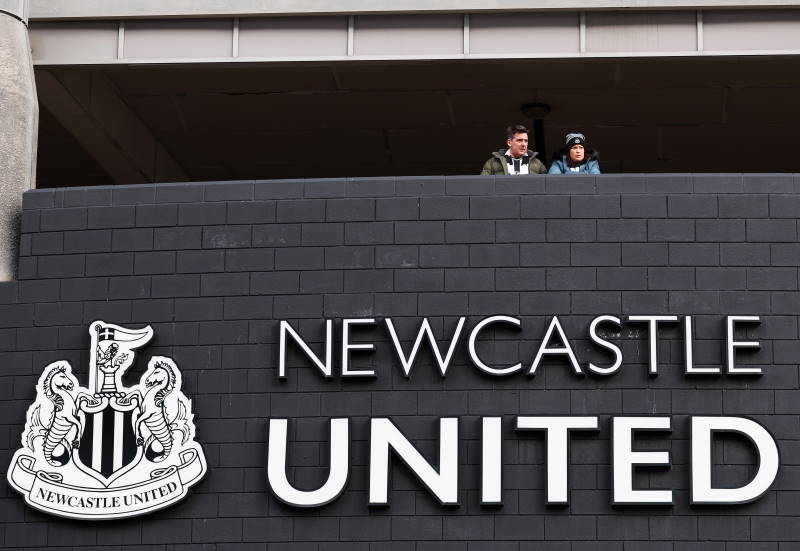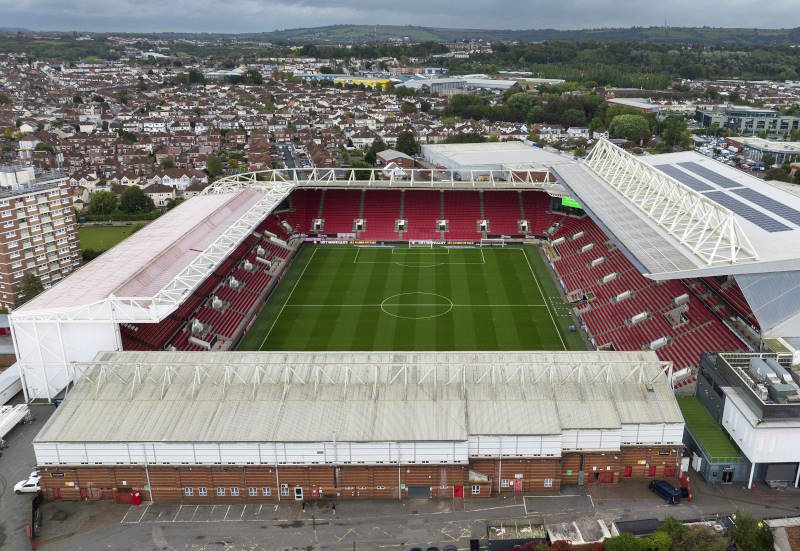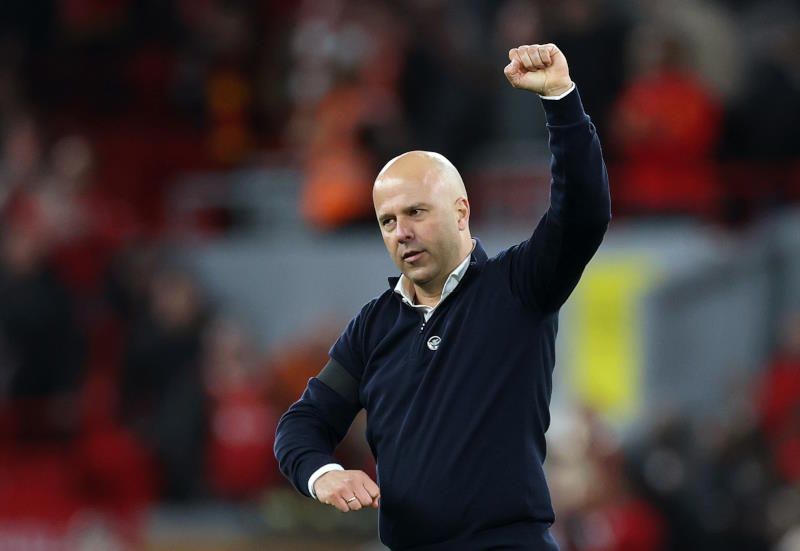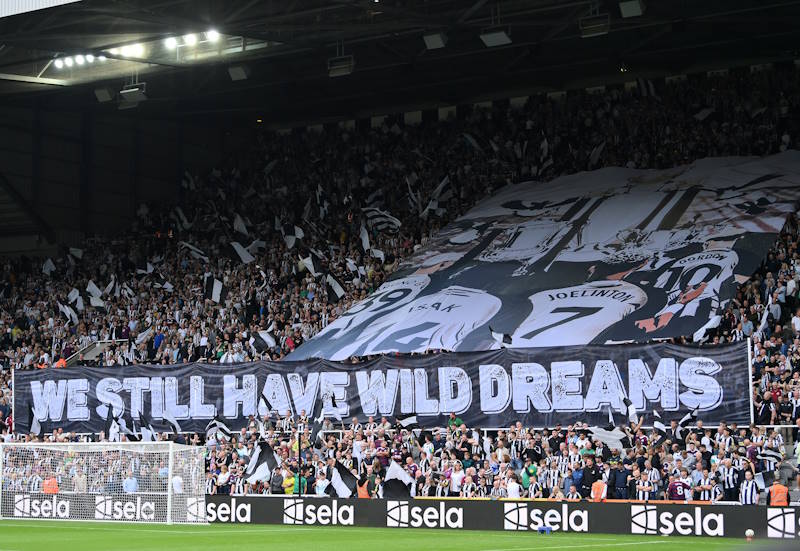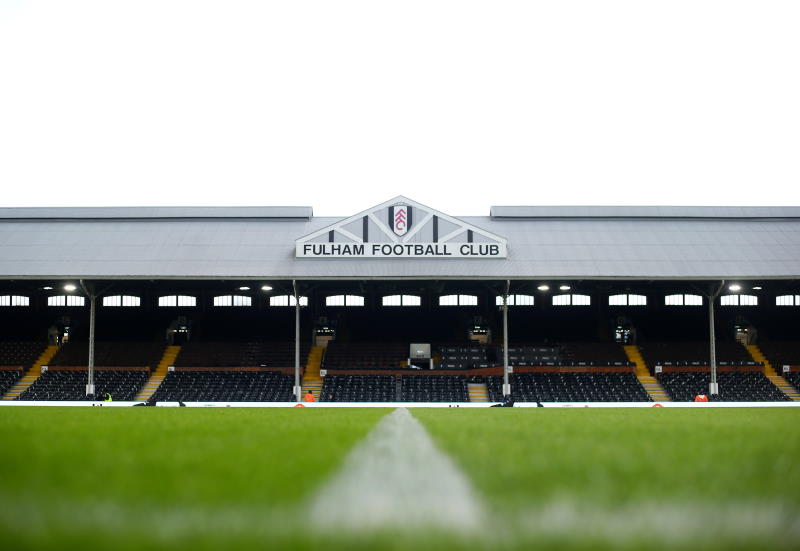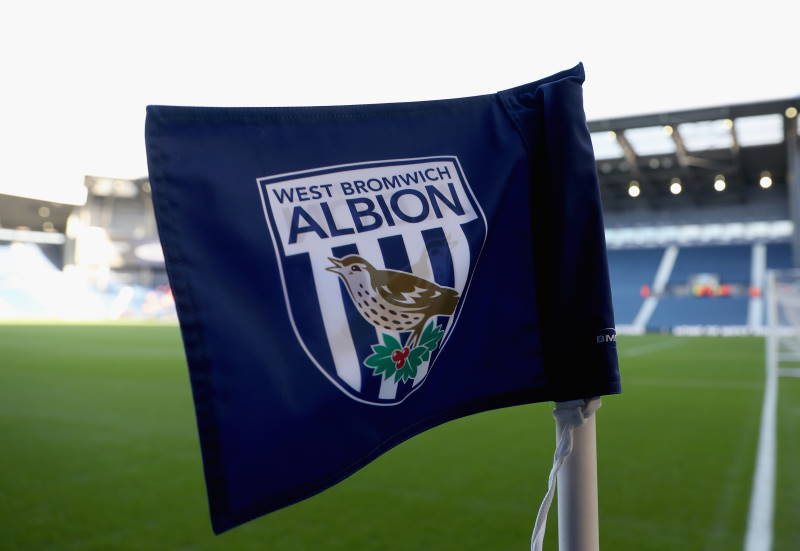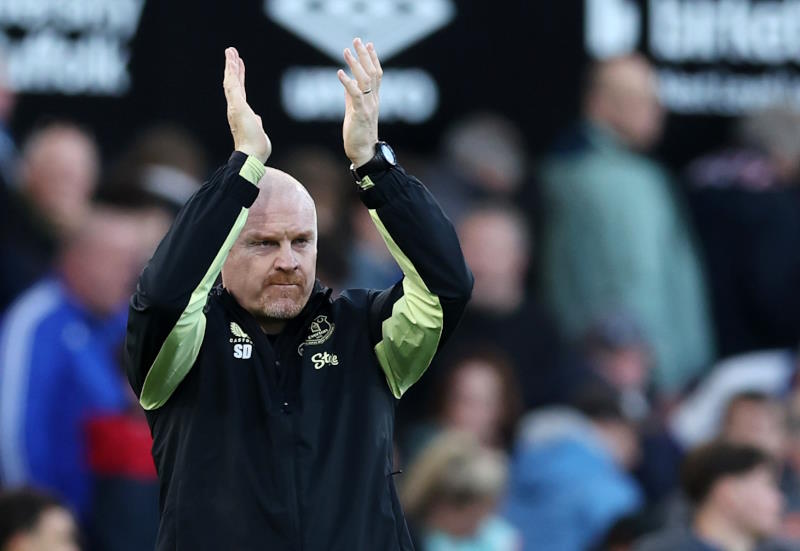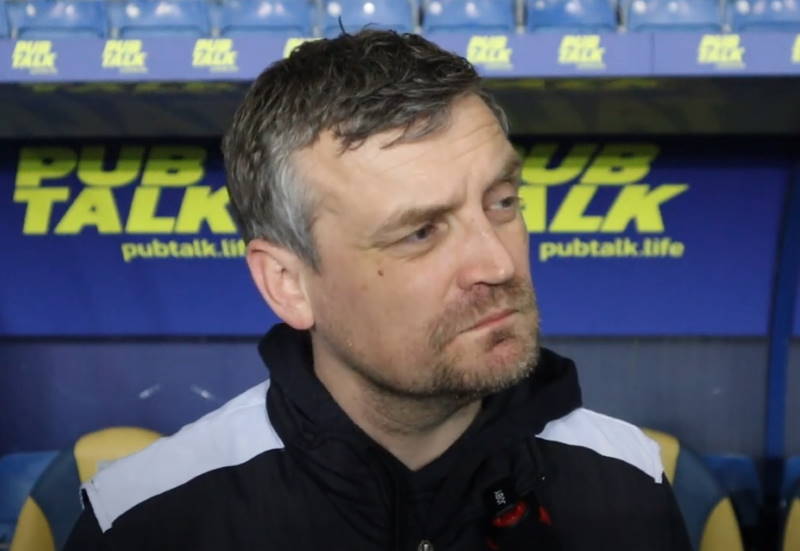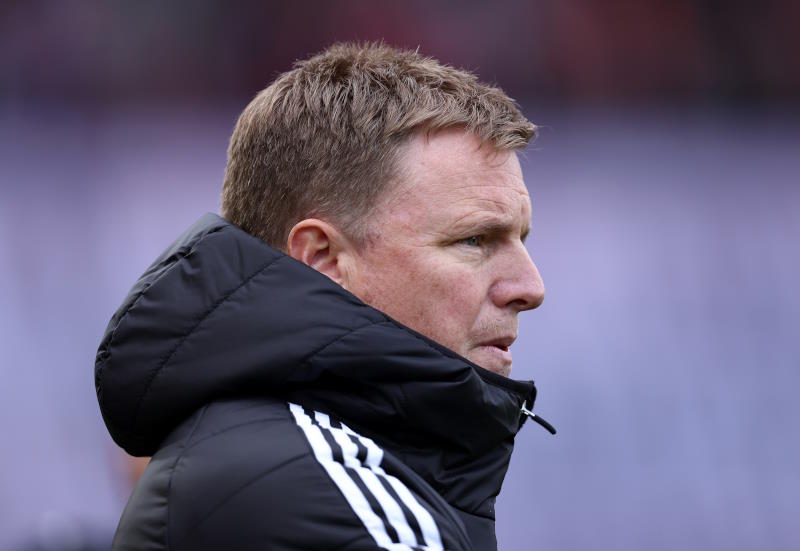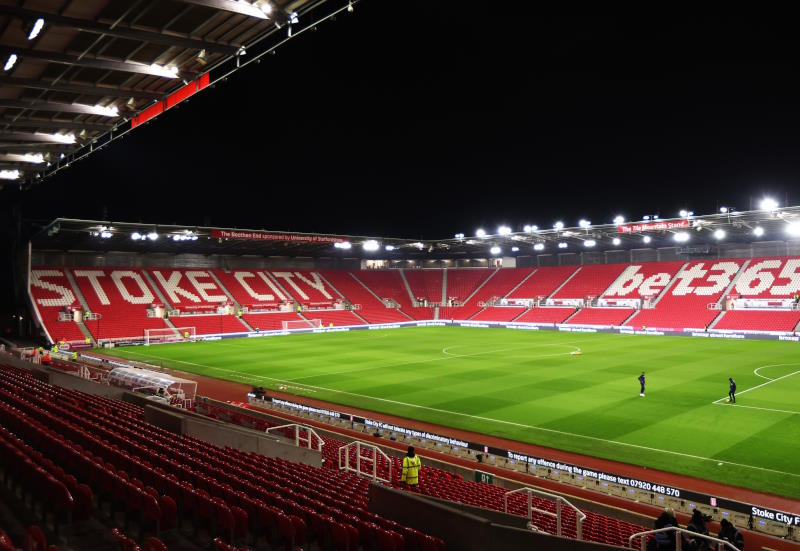
Ivan Zhidkov
“Poco se mi considero, molto se mi confronto”. These words, which roughly translate into English as “I’m small when I’m talking, but I’m big when I’m struggling”, were memorised by fans and press alike in St. Petersburg, because arguing with Italian coach Luciano Spalletti proved to be utterly useless.
Despite impressive and never repetitive facial expressions, worthy of the great films of Italian director Federico Fellini, almost any press conference or event held by Spalletti proved to be as drab as a grey winter sky.
But the results of two years of Spalletti’s work at Zenit St. Petersburg speak for themselves. The former Roma coach won the Russian Premier League crown at the first attempt, led Zenit to the Russian Cup and added the Russian Super Cup soon after. And now, with the Russian championship moving to an autumn-spring season, Zenit sit six points ahead of CSKA Moscow – with 70 per cent of the campaign done and dusted, Spalletti’s men are clearly the best side is Russia.
Were Spalletti to create more fireworks, were his talents challenged, the Italian would simply need to push a sheet of paper full of statistics over the desk. Spalletti is the most successful foreign coach in the history of the Russian league. Under the Italian, Zenit have a win percentage of 58.7%, with Czech Vlastimil Petrzhela just under his total. Dick Advocaat, the current Russia boss, is just fourth, behind Artur Jorge, who managed CSKA in 2005 for less than half a season.
Domestic success though pales in comparison to the result that Zenit, under Spalletti, achieved at the Estadio do Dragao on 6th December, when, facing FC Porto, the Russian side advanced for the first time in their history to the last 16 of the Champions League. This is a feat that was not accomplished even when Advocaat enjoyed untold wealth at the club in 2008/09.
After the final whistle in Porto, Spalletti, much more emotional in the technical area than in front of the press, performed a wild dance and stuck his tongue out into the dark Portuguese sky. Perhaps, in that very moment, the Italian had formed in his mind the words he would later speak, a passionate denial of any financial advantage which had tipped the scales in his favour.
“Don’t believe those who say that there are mountains of gold behind Zenit. Nine players in the present squad were here when I arrived”, said Spalletti. The Italian now had a long queue of clubs from his native country desperate to snaffle him up, while the Gazprom board (Zenit’s backers) appreciated the talent who had solved the problem of being involved in the Champions League after Christmas.
And what Zenit achieved really did seem to be the impossible. Spalletti led a side with a number of key performers clearly past their peak (Konstantin Zyranyov, Danny) and some, such as former Rubin Kazan striker Aleksandr Bukharov, who had struggled to adapt at Zenit. Meanwhile, key player Aleksandr Kerzhakov managed to play just twice as injury struck him down.
The question which dominated was, understandably, how had Spalletti managed to squeeze every drop from his troops? Zenit’s transfer activity had come in for criticism. Bruno Alves, bought for €17M from FC Porto, and Danko Lazovic (who PSV Eindhoven happily sold) both helped Zenit domestically, but the pair looked powerless in Europe, when all that was needed for group stage qualification was to beat modest French outfit Auxerre. Zenit failed, heading out 2-1 on aggregate.
For Spalletti, that defeat was a stab to the heart. The Italian had set about doing his job in the right way. While Advocaat, who had left a positive memory by winning the UEFA Cup, directly influenced transfers, Spalletti preferred to coach the players available to him and answered queries with: “We have excellent players, I do not need anyone.” Such an approach could only be justified through results and is just one reason why the Italian’s stock is now sky high after booking a Round of 16 Champions League spot.
Spalletti had surprised everyone at Zenit by his willingness to work with young players personally, sometimes even after training. On the question of whether this was related to a habit picked up when he coached promising, but poor Empoli, Spalletti offered a compelling answer: “I’m doing this because I believe that always, with each player, one can work on one or another attribute, and even gaining a little improvement is a good result.
“Young players need these things. When you don’t work with the ball, it is impossible to improve your technique. Of course, you can’t solve all the problems, but if we can improve by at least one per cent, it is useful. My profession is as a coach and I’m pleased to be on a pitch even after a training session has finished, where I continue to do my job.”
As could be expected from an Italian coach, Spalletti worked to improve Zenit tactically from his first day in Russia. As a result, St. Petersburg are now a side who start each game playing with a hurricane-like pace, but patiently tying opponents up in midfield. This is followed by ball winning and quick counter attacks. And a place is found for every player in this system, even if there are disparities between the abilities of the members of Zenit’s squad. “It is important to understand and to use the main qualities of every man, whilst trying to get out of him something he lacks”, said Spalletti. “With the use of special exercises you can help fill in what is missing. These exercises will just give a little, but this ‘little’ can sometimes be enough.”
A sore point in St. Petersburg is the homemade player. On the street in the city, fans are constantly remarking that the team contains too many foreign players, and asking why it is that the club do not play homegrown talents. Unfortunately, at present the reality is that young Russian players still lack a professional mentality and do not understand that to achieve success, more than just kicking the ball for 90 minutes is required. Unrealistically high salaries which players start to earn in youth teams, contribute to this trend too. Evidence of this can be found in the fact that Zenit played youth product Aleksei Ionov as a club icon for several years, but Ionov’s spell ended through one too many run-ins with the club management. In autumn, the police arrested the Russian for drink driving. This was a rare case which saw Spalletti lose his rag. “Those who don’t want to follow the rules, let them stay where they want.”
Before Spalletti’s arrival, a group of local players with great achievements to their name acted as a clique at the club. The group’s “chief” was considered to be Andrei Arshavin, succeeded by Igor Denisov and later Vladimir Bystrov. Each new coach was thoroughly assessed by these influential Zenit stars, and was expected to work hard, demonstrating his skills and making the club’s players believe in his ideas.
A former Roma manager, Spalletti was aware of what it would be like to come under the microscope and undergo examination by entrenched local players, pointing to the example of Antonio Cassano: “[Cassano] moved from Bari to Roma at quite a young age. He became a fan favourite early on and when this happens, a change takes place in the player’s mind. He certainly had excellent skills, plus mentally he is a winner. But that was not enough for internal balance and harmony.
“Further problems came about because he was the vice-captain, with [Francesco] Totti acting as the captain. In a situation like this a person can lose touch with reality. With the life that a player can live in Rome, it’s not that easy to feel normal. But neither Antonio’s skills nor his status as vice-captain were something that helped Roma at that time. I must add that the year before my arrival the team were saved from relegation on the final matchday. So we had to do something about this situation. When Cassano eventually left Roma, he distinguished himself as a great football player. He matured, married recently. Now we have the perfect relationship.”
For Spalletti, it appears that passionate love between the coach and Zenit’s local players does not exist. But there is mutual respect and a clear professional relationship, which has allowed the club to prosper, particularly in Europe. Perhaps this can be demonstrated in the fact that Spalletti has never said a bad word about his team; instead there has been respect and confidence from both sides, from the start. “Zenit is a lot like Roma”, revealed the Italian. “Even if my team in Italy was functioning well, everyone still wanted us to buy a tall striker. But why, if the team scored 60 goals a season! And now we have Kerzhakov, who has good movement and plays an important role in attack.
“If we look for someone who resembles Totti, we have Danny, a very strong individual. In order to demonstrate all of Totti’s talents, we needed a team. Danny can do everything alone! He gets the ball at his feet, beats opponents, sprints 40 metres and opens up the opposing team completely. Totti had other qualities; touch, long passes. But if you take their class as a whole, it’s comparable. And in both teams we need other players to build a system that works around them.” The support for Danny is in contrast to his performances last season, when the Portuguese did not appear to be worth the €30M Zenit paid Dynamo Moscow for his services in 2008; Danny was not even an international player at the time.
In his relationship with the Russians, Spalletti, as a general rule, chooses a policy of restraint. Once though he exploded in front of the TV cameras when a referee in a Dynamo Moscow-Zenit game unnecessarily added five minutes stoppage time, and the capital club equalised in the final seconds. “Quali cazzo emozioni!”, cried Spalletti – and doubts still remain over whether the episode was the release of Italian emotions or just talented acting.
Spalletti enjoys playing the role of an Italian in Russia. The mask probably only slips when he is on holiday in his native Tuscany – there the real Luciano Spalletti can emerge. The coach slips from mask to mask in front of the cameras not with words, but facial expressions and gestures, and assures everyone that he does not speak English.
But Spalletti requires the Zenit hierarchy to make an effort and provide him with a good reason to extend his spell in Russia and resist the temptation to return home. He has already won in any case, all the rest can only lose.
Update: Zenit have been successful in persuading Spalletti to remain at the club, with the former Roma coach having signed a new contract running until 2015.

